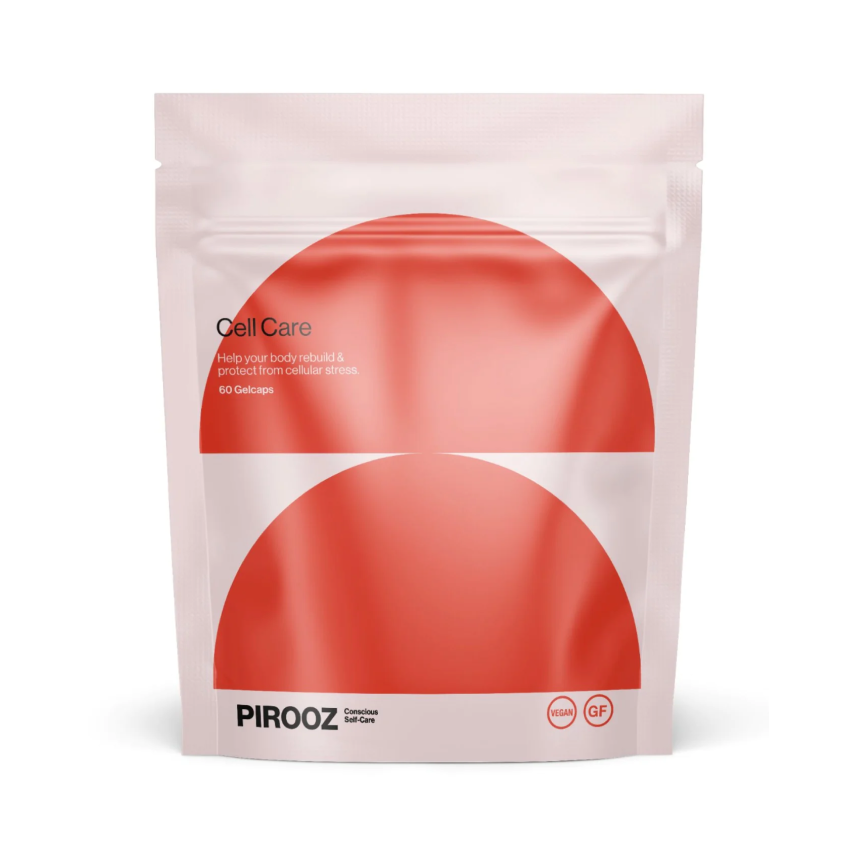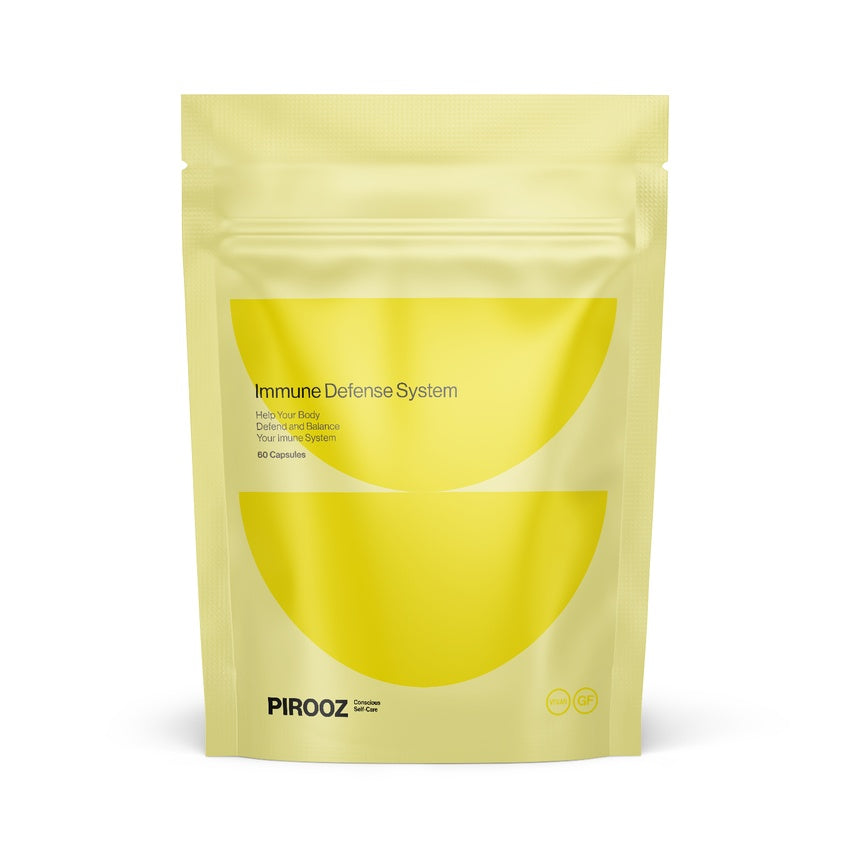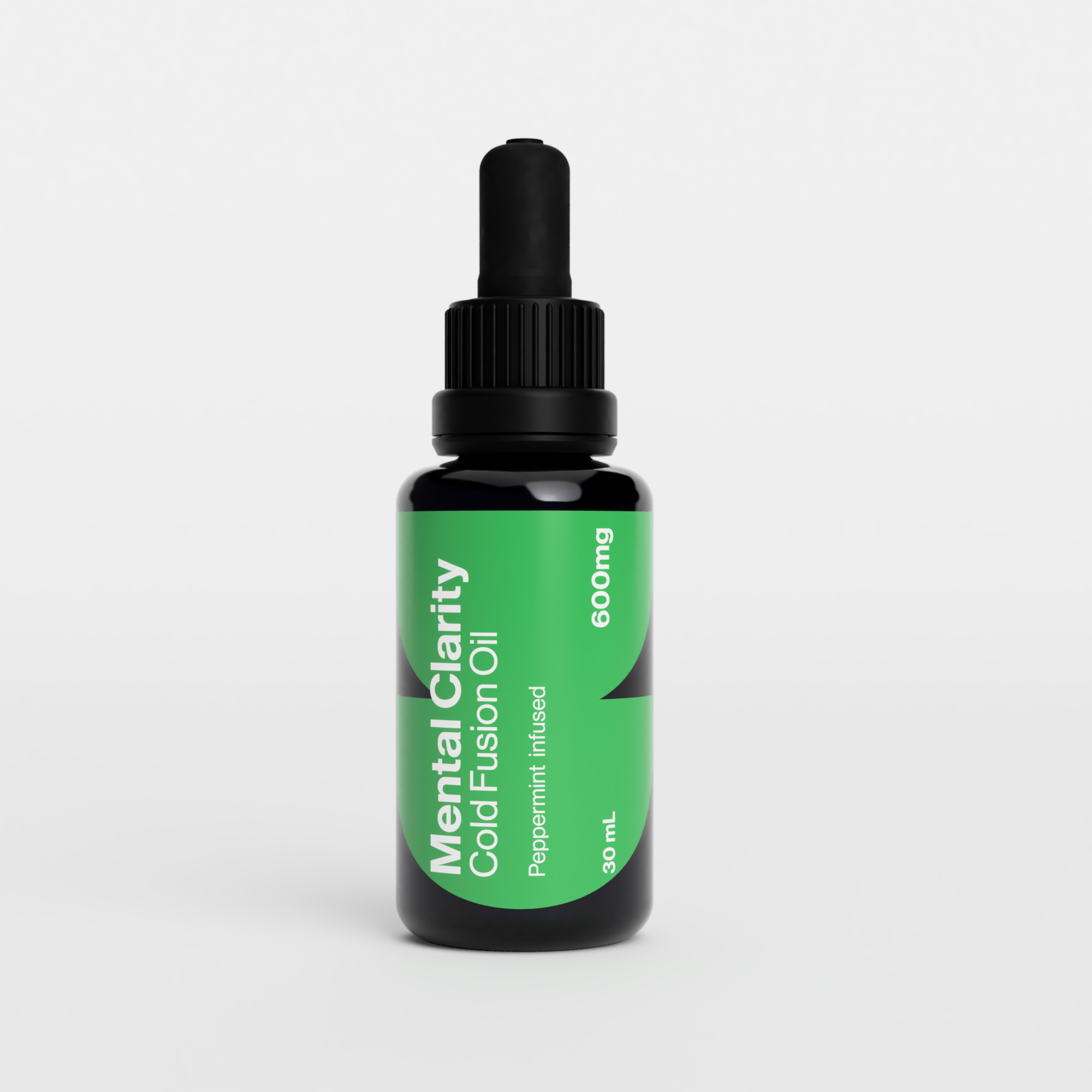
Everything You Want to Know About Astaxanthin Supplements
This guide, aims to navigate these waters, offering an in-depth look at what are astaxanthin supplements capable of. From unraveling the science behind its health benefits to providing practical advice on selecting the right supplement, this guide is your comprehensive compass to all the hows, whats, and whys around astaxanthin.What is Astaxanthin Supplement
Astaxanthin, a prominent keto-carotenoid, has gained widespread recognition for its exceptional antioxidant properties, predominantly sourced from marine ecosystems. A key component in microalgae such as Haematococcus pluvialis, astaxanthin is commercially extracted for use in supplements. This vibrant compound is responsible for the pinkish-red coloration in various marine organisms like salmon, shrimp, and flamingos, who acquire their hues through their diet.Is Astaxanthin Supplement Good for You?
Astaxanthin’s primary claim to fame is its antioxidant activity, which is crucial in combating oxidative stress, a factor in aging and various chronic diseases. Its anti-inflammatory properties are also noteworthy, contributing to potential health benefits such as improved cardiovascular health, enhanced immune function, and neuroprotective effects (Fassett & Coombes, 2011). Astaxanthin supplements are known for their remarkable potency when compared to other antioxidants. To put its strength into perspective:- Astaxanthin is approximately 6,000 times more potent than Vitamin C
- It surpasses the potency of Vitamin E by a factor of about 110 times
- When compared to the antioxidant power of Green Tea Catechins, astaxanthin is approximately 560 times stronger
- In the realm of antioxidants, astaxanthin outshines CoQ10 by an impressive factor of about 800 times
- Its potency even dwarfs that of Resveratrol, another notable antioxidant, by approximately 3,000 times
Is Astaxanthin Better than COQ10?
When evaluating astaxanthin alongside Coenzyme Q10 (COQ10), astaxanthin is particularly distinguished for its superior capacity in safeguarding cell membranes against oxidative damage. Its effectiveness is profound; astaxanthin is acclaimed for being up to 800 times stronger than COQ10 in this regard. This remarkable strength is attributed to its unique molecular structure, which allows it to span the entire lipid bilayer of cell membranes. It offers unparalleled protection against oxidative stress and damage. The choice between astaxanthin supplement and COQ10, or the decision to use them in conjunction, should be tailored to individual health goals and needs. Given its extraordinary antioxidant capacity, astaxanthin stands out as a particularly powerful supplement for those seeking comprehensive cellular protection and a significant boost in their antioxidant defense system. Its extensive range of health benefits, coupled with its superior potency compared to COQ10, positions astaxanthin as a superior choice in many contexts of health and wellness.Can You Take Astaxanthin Everyday?
Regular consumption of astaxanthin is generally considered safe. Most studies suggest a daily intake of 4-12 mg; even high doses have been tested without significant side effects. However, consultation with a healthcare provider is advised, particularly for individuals with specific health conditions or those taking medication (Yuan et al., 2011).How to Choose Astaxanthin Supplements?
Choosing the right astaxanthin supplement is crucial for maximizing its benefits. To make an informed decision, consider the following factors:- Source: Opt for supplements derived from microalgae, as they often contain a more natural and bioavailable form of astaxanthin.
- Dosage: Determine the appropriate dosage based on your health needs and consult with a healthcare professional if unsure. Avoid excessively high doses that may lead to unwanted side effects.
- Additional Ingredients: Check the supplement’s ingredient list for unnecessary additives or fillers. A clean formula enhances the purity and effectiveness of astaxanthin.
- Third-Party Testing: Look for products that undergo third-party testing and hold certifications, ensuring the supplement’s purity, potency, and safety.
What is Astaxanthin Supplement Good For?
Many things. Your skin, eyes, heart, and overall wellness. Astaxanthin emerges as a multifaceted supplement with a wide range of health benefits. One of its major advantages lies in its exceptional support for skin health. Research has demonstrated that astaxanthin acts as a formidable ally against UV damage, offering a natural shield that helps safeguard the skin from the harmful effects of sun exposure. Astaxanthin improves skin elasticity and moisture levels, promoting a youthful and vibrant complexion. These benefits make astaxanthin a valuable addition to skincare routines, aiding in the fight against premature aging and maintaining healthy skin. Astaxanthin supplements extend its benefits to other vital aspects of health. Its role in eye health is particularly noteworthy, with studies indicating its potential to support and protect ocular function. Additionally, astaxanthin showcases its prowess in cardiovascular wellness by helping maintain healthy blood flow and cholesterol levels. Its potent anti-inflammatory properties contribute to reducing inflammation, a key factor in the development of various chronic diseases. Furthermore, astaxanthin’s positive effects on physical performance cannot be overlooked, as evidenced by research demonstrating its ability to enhance endurance and minimize muscle damage in athletes (Sawaki et al., 2002). These diverse health benefits position astaxanthin as a versatile and valuable component of a holistic approach to well-being.Does Astaxanthin Interact with Any Medications
Astaxanthin may interact with certain medications, including blood thinners and drugs affecting blood pressure. Consulting a healthcare professional before starting astaxanthin is essential, especially for individuals on medication (Stewart et al., 2008).Astaxanthin Supplement Benefits
Astaxanthin, a potent antioxidant, boasts a plethora of health benefits that make it a valuable addition to one’s wellness routine. Some key benefits of astaxanthin supplements include:- Skin Health: Many people are turning to astaxanthin supplements for skin as they help promote elasticity and hydration, contributing to a more youthful complexion. Its antioxidant properties protect the skin from oxidative stress, reducing the appearance of wrinkles and fine lines.
- Eye Health: Astaxanthin may help prevent age-related macular degeneration and reduce eye fatigue. It acts as a shield against harmful UV rays, safeguarding the eyes from potential damage.
- Cardiovascular Support: Astaxanthin has been linked to cardiovascular health benefits, such as improving blood flow, reducing oxidative stress on the heart, and lowering blood pressure.
- Anti-Inflammatory Effects: The supplement’s anti-inflammatory properties play a crucial role in mitigating inflammation, supporting joint health, and reducing the risk of chronic diseases.
- Cancer Protection: Ongoing research explores astaxanthin’s potential protective effects against certain types of cancer.
- Cognitive Benefits: Preliminary studies suggest that astaxanthin may positively impact cognitive function, potentially offering neuroprotective effects and preventing age-related cognitive decline.
Astaxanthin Supplement Side Effects
Astaxanthin supplements are well-regarded for their health benefits and are generally well-tolerated by most individuals. However, as with any dietary supplement, being aware of potential side effects is important for informed usage. These side effects are mild and uncommon, especially when astaxanthin is taken at recommended dosages. Here are some considerations to keep in mind:- Skin Pigmentation: In rare instances, astaxanthin may lead to slight changes in skin pigmentation. This is usually a subtle effect and is often seen as a sign of the supplement’s presence in the body.
- Hair Growth: Some users might notice minor changes in hair growth. These effects are typically minimal and should not be a cause for concern.
- Hormonal Changes: While astaxanthin can have some influence on hormonal balance, significant changes are unusual. Those with hormonal sensitivities may wish to consult with a healthcare professional as a precaution.
- Gastrointestinal Symptoms: A small number of individuals might experience mild gastrointestinal discomfort, such as nausea or a slight stomach upset. Often, taking astaxanthin with food or adjusting the dosage can alleviate these symptoms.
Best Astaxanthin Supplement – PIROOZ Cell Care
At PIROOZ, we take pride in offering our flagship product, PIROOZ Cell Care, a premium astaxanthin supplement meticulously formulated to cater to your cellular and mitochondrial health needs. Our focus is on harnessing the potent benefits of astaxanthin to elevate your immune and cardiovascular systems. PIROOZ Cell Care is engineered to shine in the realm of health supplements. It boasts a potency that significantly surpasses traditional antioxidants like Vitamin C, Vitamin E, and even CoQ10. This elevated strength is central to our commitment to providing you with a product that not only meets but exceeds your expectations. Astaxanthin holds a significant place in the realm of natural health supplements. Its benefits for skin health, eye health, cardiovascular wellness, and anti-inflammatory actions make it a versatile supplement. While it’s generally well-tolerated and safe for daily use, consulting with a healthcare professional is advised. Products like PIROOZ Cell Care highlight the market’s response to the growing demand for high-quality astaxanthin supplements, offering a potent formula that caters to the needs of health-conscious consumers. The ongoing research into astaxanthin’s effects and applications continues to reinforce its status as a beneficial addition to a health-conscious lifestyle.












